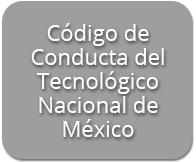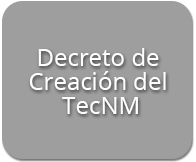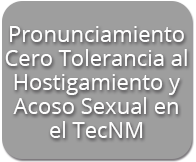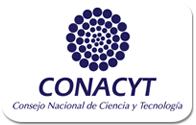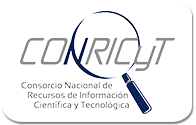AGRONOMY ENGINEERING

The agronomist will be trained to:
- Develop the agricultural production process with a holistic and sustainable approach to available resources.
- Generate, adopt and transfer technologies appropriate to the needs of the environment.
- Integrate production systems into production chains to generate added value.
- Operate and manage own companies or in partnership in order to achieve the efficient use of resources and the generation of jobs.
The agronomist candidate must demonstrate:
Knowledge of basic sciences: biology, mathematics, chemistry, geography.
They can be self-employed by managing their own agricultural property.
In companies dedicated to agricultural production (ejido land, owners, etc.).
Be part of the official institutions of the agricultural sector at the three levels of government (federal, state and municipal) and parastatal or decentralized companies.
Teaching, agricultural research, external consultant or developing productive projects.
In companies dedicated to the production and marketing of fertilizers, agricultural machinery, pesticides, agricultural equipment and materials, and agricultural farming instruments.
Observation and reasoning skills, oral and written expression. Taste for outdoor activities, and interest in the conservation of natural resources and sustainable development, as well as desire for self-improvement and initiative.
- 210 créditos área genérica.
- 10 créditos residencia profesional.
- 10 créditos servicio social.
- 5 créditos actividades complementarias.
- 25 créditos especialidad.
- Total de créditos 260.
- Ingles.
- Becas
- Duración: 9 semestres.
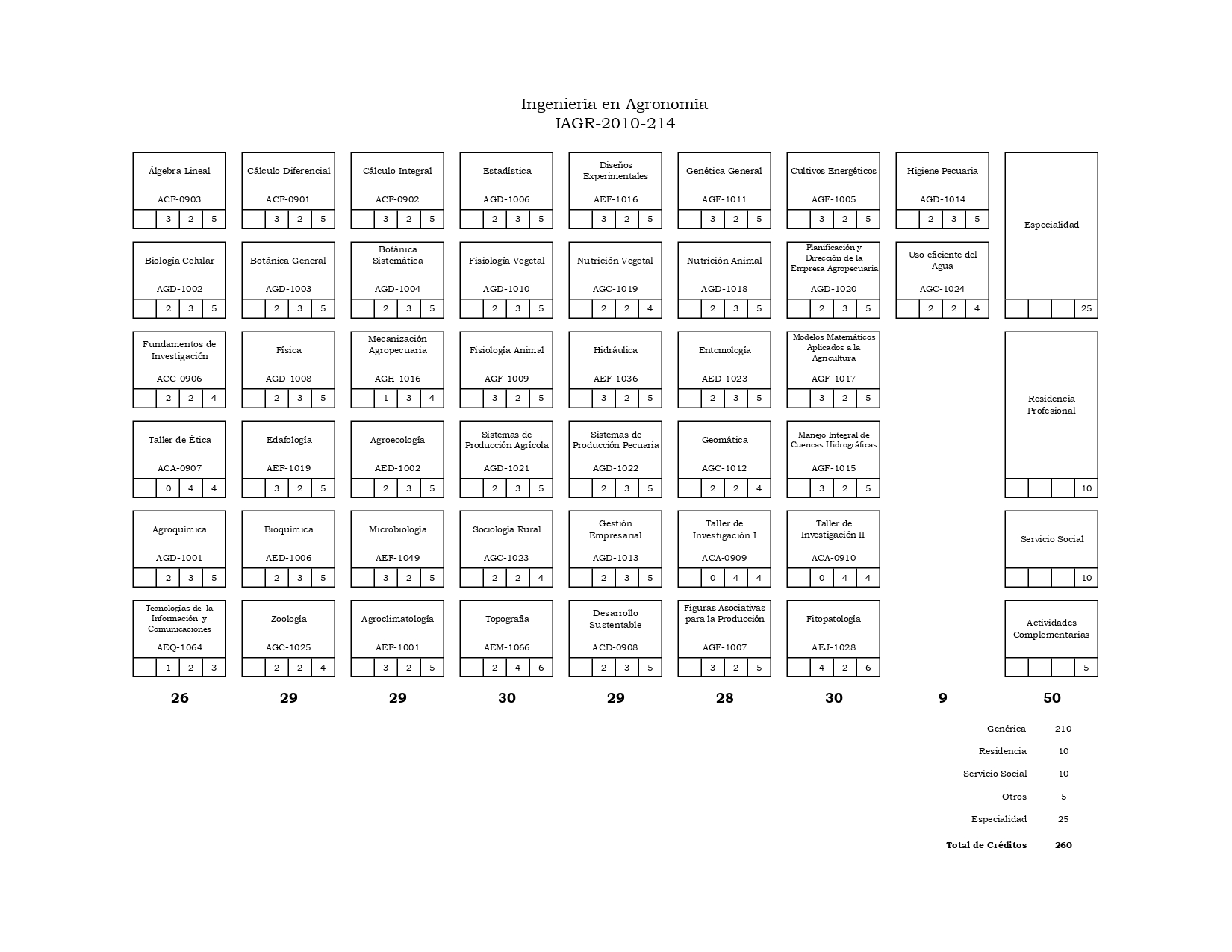
Síguenos
Sitios de Interés
Dirección
Carretera Chetumal-Escárcega Km 21.5, Ejido Juan Sarabia, Othón P. Blanco, Quintana Roo, C. P. 77965
Contacto
Email: dir_zmaya@tecnm.mx
Teléfono: 983-2400-983
www.zonamaya.tecnm.mx







